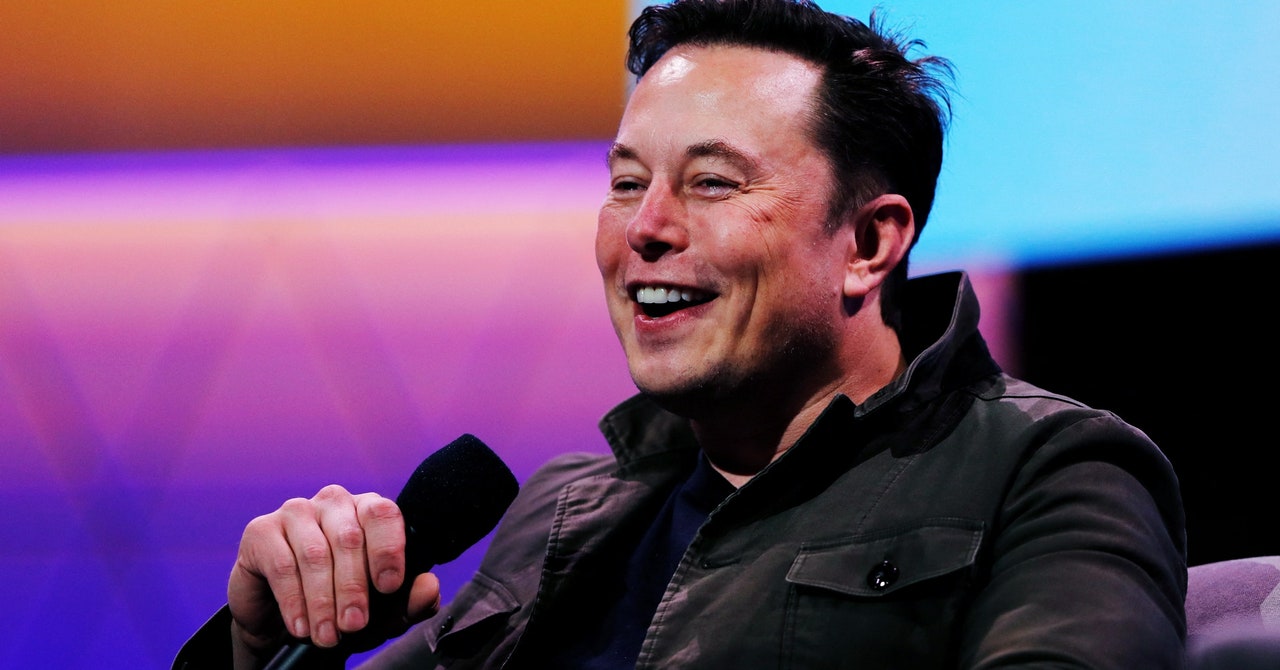Musk changed his tune this week after he announced a “crazy stalkerfollowed a car carrying his young son. Questions about the incident remain, and it’s not clear how an account tweeting aircraft location data that is publicly available through many sources could be linked to a car incident. But it was enough to provoke Musk into taking a hard line against sharing someone’s real-time or recent location status.
from Twitter updated policy now handles posts containing what the site calls “private information.” It says people can still share their own data, but not “real-time” or “same-day” location information of others without their consent. Twitter also blocks the sharing of private photos and videos. It provides exemptions for newsworthy events and “issues or events of public interest.” Questions sent to Twitter about how this policy would be enforced went unanswered.
The events leading up to that new policy suggest that those wanting to know what’s allowed on the platform should study Elon Musk’s tweets, not the corporate rulebook. Still, his statements can be confusing. “Everyone will be treated the same,” Musk said during a Twitter Spaces audio chat with journalists yesterday, confusing posting public flight information with doxing, the practice of posting contact information or home addresses online. “They’re not special because you’re a journalist.”
Still, it’s clear that Musk gives journalists special treatment by suspending them for reporting information he didn’t want the public to see. CNN called the suspension of journalists “worrying but not surprising” in a pronunciation, and said it would re-evaluate its relationship with Twitter based on an answer to its questions about the suspensions. The American Civil Liberties Union noted that Musk has the right to bar journalists and others from the platform, but called the suspensions “an attack on freedom of expression.”
Trevor Timm, executive director of the Freedom of the Press Foundation, says Musk’s self-serving actions have shown how moderation on the platform can be further manipulated. If those close to Musk or who fit his business interests want to ban accounts, he can come up with a new rule to do so.
“He’s essentially encouraging people to come up to him and say, block this account, block that account, because they know he’s going to act in his best interest,” says Timm.
On the other side of the Atlantic, Musk could face more serious consequences than public outcry. Members of the European Parliament today sent a letter to Musk urging him to reverse suspensions of journalists (“We are deeply concerned that journalists’ accounts have been blocked,” it read). The letter included recommendations on how he might change Twitter policies to better comply with the European Union’s new Digital Services Act, which makes online platforms more accountable for harmful content posted by users. Large online platforms must comply by 2024.
It is unclear whether Musk will decide to reverse his position and step down from his self-proclaimed role of censor-in-chief. But if the new pressure on journalists continues, it could lead reporters to take their scoops elsewhere and their audiences to follow suit. His actions, says EPIC’s Davisson, “could certainly help accelerate the demise of a company like Twitter. The omens are not good.”
Additional reporting by Morgan Meaker

